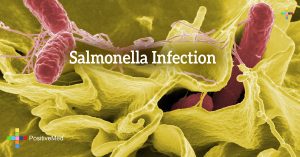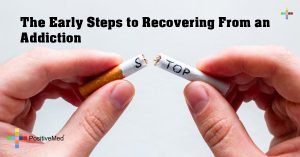
Non-Toxic, DIY Hair Care! Many of you may think this is crazy, but shampoo can be really harmful to your hair, Shampoo is practically detergent it cleans your hair, but it also strips it of all the healthy oil your body naturally produces, which is supposed to protect your hair and keep it soft and strong. So in simple words we are washing our hair with practically the same type of soap we use to wash dishes, but with an extra dose of chemicals. When you think about it, it seems rather unnecessary. It’s a cycle, the more shampoo you use, the more you need, and it goes on and on.
If you want to recover your hair’s shining natural beauty, the answer is easy: Go shampoo free! We’re not saying don’t wash, there are many easy, natural ways to protect and keep your hair clean and here are a couple just for you:
• Baking soda: It’s gentle, it’s the weakest alkaline, and it very gently clarifies hair from chemical buildup. Put one tablespoon of baking soda to one cup of water, and massage your scalp with it while you are taking a bath, your hair will naturally get cleaned once the scalp is clarified.
• Apple cider vinegar: It detangles the hair follicles, seals the cuticles, and balances the hair’s pH balance. Put one-tablespoon apple cider vinegar to one-cup water, pour a little on just the ends of your hair, as you would do with conditioner. The smell will fade in about an hour; so don’t let that scare you away!
http://simplemom.net/how-to-clean-your-hair-without-shampoo/






